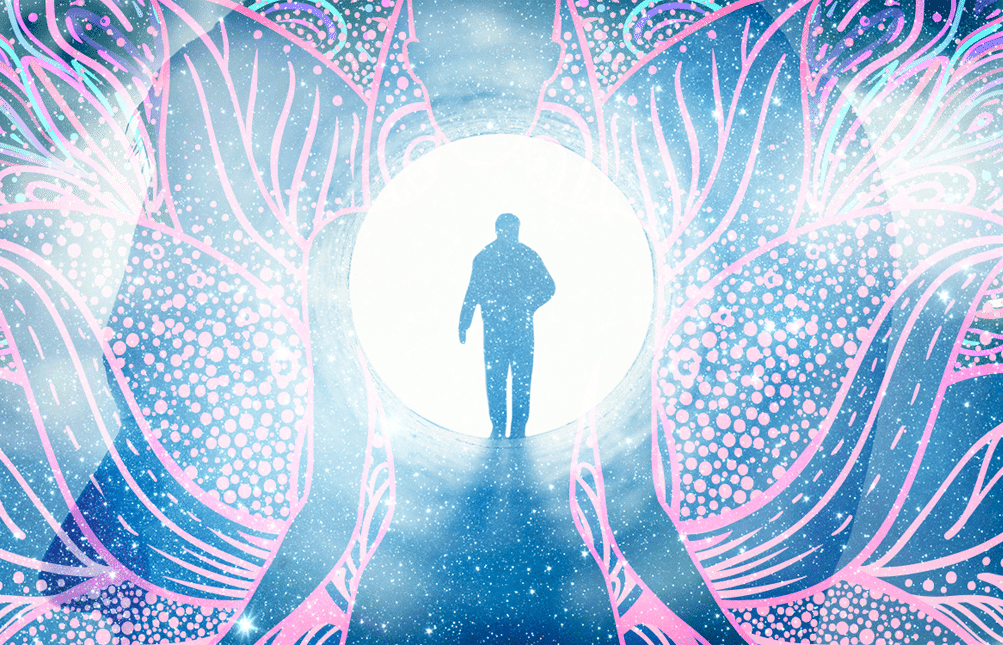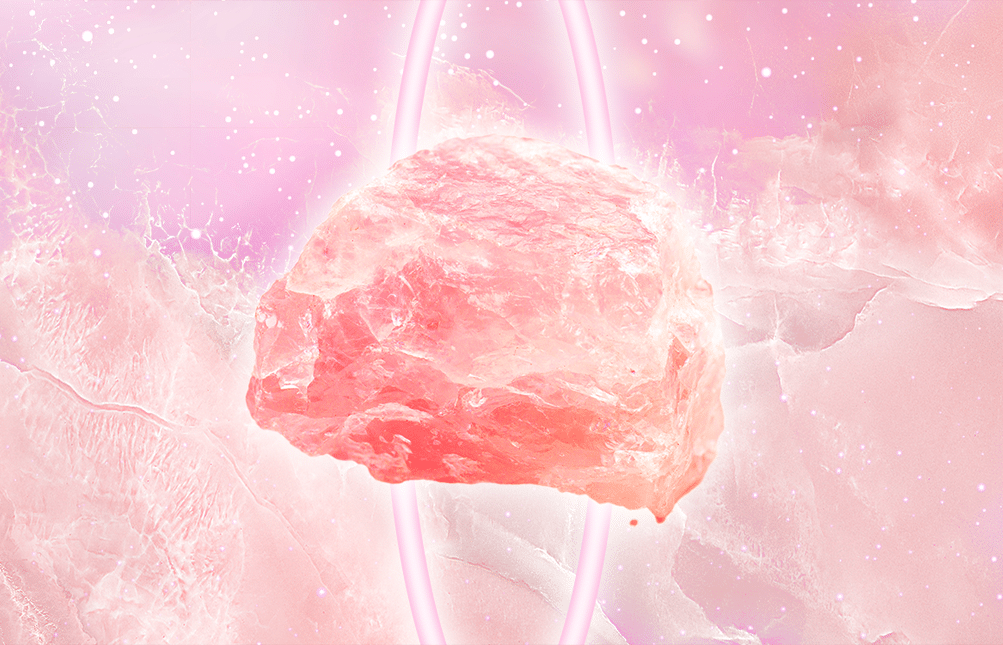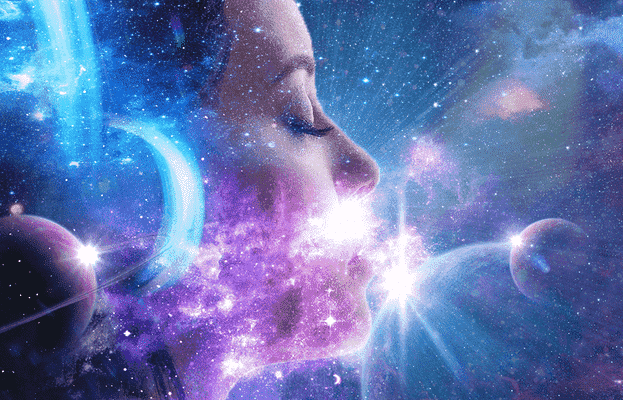
January 29, 2022
Hawaiian Spirituality: All You Need to Know
The essence of Hawaiian spirituality is among the most recognized, yet least understood, feelings of Hawaii Nei (the collective Hawaiian islands). Native Hawaiians refer to this divine power as mana and hold it in great regard because it is the “essence of life” within all Hawaiian life forms.
To grasp the Hawaiian idea of mana, you must first comprehend their understanding of spirituality, which requires us to go back to the ancient days of the ahupua’a, or land boundaries. Nothing transpired in the Ancient Hawaiian Nation until the Gods and Goddesses were acknowledged.
The Hawaiian language had no word for religion. Back then, spirituality was a complete philosophy of everyday living. Hawaiians knew they were more than physical creatures and were continually seeking to connect with their maker. Want to know more about the Hawaiian culture?
We’ve got you covered! In this article, you’ll learn about:
- Hawaiian Spirituality in the daily life of a native Hawaiian
- The Aloha Spirit within the Hawaiian values and traditional beliefs
- The Ancient Hawaiians’ religious beliefs and spiritual energy
- The importance of family members to the Hawaiian people
The Spirit of Aloha in Hawaiian Spirituality
The Hawaiian people immediately realized that they needed to live in harmony with nature in order to survive. Act according to norms that promote togetherness. ‘Ohana and Ho’oponopono are more than just spiritual concepts from the past. They are a form of survival training.
Throughout the day, Hawaiians prayed or chanted as if they were having a dialog with their real gods, with whom they got to share their universe. Harmony and spirituality are equally important in healing and medicine. Illness was traditionally regarded to be the outcome of instability in the three basic forces of lkahi (God, Nature, Humans).
They inquired, “What has happened in life to disrupt the balance?” (of this person, crop, or life experience). The concept of lkahi inspired Hawaiians to appreciate and respect all things, and to live their lives in harmony with nature.
Also, the ‘kupuna’ passed on this legacy through practice and deeper understanding, history, and narrative. Because of their regard for life, the Hawaiians were outstanding healers. They thought that the first step toward health was to recover psychologically and spiritually. This was accomplished through the use of Ho’oponopono.
What is Hawaiian spirituality according to their ancestors?
Hawaiians, like those from other cultures, actively value their family. ‘Ohana is more than just blood relatives. They consider all Hawaiians to be relatives. It includes everyone who has a genuine sense of aloha. However, when someone mentions the word ‘Ohana today, it generally refers to all relatives, no matter how far, as well as close friends in whom you have profound trust.
Hawaiians are characterized by their interactions with one another, with their ancestors, and with their land. People would feel empty if they were not linked to these relationships. ‘Ohana is the greatest form of human manifestation for Hawaiians. Caring, teaching, motivating, encouraging, and punishing humans at their best. Whatever it takes to create a stable, aesthetically pleasing society.
‘Ohana is a group of individuals who are both intimately and distantly connected and who share things like land, food, children, and prestige. These bonds require ongoing cultivation and nurturing for Hawaiians. One is expected to know and comprehend what it means to be a productive member of the family and community in Hawaiian society.
Everyone is responsible for using their talents to benefit the entire ‘ohana and contribute to day-to-day tasks. Hawaiian Values should always be considered. The family links deepened, and family members increased their mana, as they fulfilled their tasks to the ‘ohana and recognized the potential of others. ‘Ohana formed on this foundation secured the community’s overall health.
Even after death, as loved ones pass on, they will continue to carry out their familial obligations to the next plane of existence. Generation after generation of the bloodline is written down as a long and exact chant that is sung and memorized. Members of the ‘Ohana were professing their love and connection to their ancestors, as well as honoring their mana, in this fashion.
The Sacred Guide to Hawaiian Spirituality Words & Phrases
#1: Akua, Awaiku, and Aumakua
Polynesia is a wide swath of islands dispersed over the Pacific ocean…abode to the ancient world’s greatest voyagers and navigators. Centuries before Western ships ventured to sail far from shore, the ancient Polynesians traversed their ocean world’s faraway islands.
The Polynesians were also adept at navigating the forces of nature of their universe. They thought that the deities (Akua), spiritual beings/lesser gods (awaiku), and ancestral spirits (‘aumakua) could influence the natural elements – and they worshiped their most significant ancestors as deities.
#2: Makani, Lono, Ha, and Aloha
The trade winds were known as Makani, or the life-giving element of air, by the ancient Hawaiians. For centuries, this fundamental wind shaped the Hawaiian Islands, and later, the spiritual and emotional life of Hawaiians even during ancient times.
This wind-aided early Polynesian voyagers in their ocean-going boats as they crossed the Pacific. The Makani provided the fertility and healing god Lono and fostered the aloha culture. Ha is another name for the wind. Aloha means “with the breath,” and it is commonly interpreted as “love”, bringing about the Aloha spirit.
#3: Haole
Native Hawaiians frequently refer to Western tourists to Hawaii as haole (pronounced ha-owlee). Following Captain Cook’s arrival at Kealakekua Bay over two centuries ago, this term has been used to describe pale-skinned outsiders. Being a haole is to be a part of the cultural pride, bigotry, and ethnocentric opportunism that brought disease, ruin, and death to the aloha lifestyle.
It’s not meant as a compliment. Haole means “without breath and life.” A haole has little contact with family, culture, or the essence of a native Hawaiian. Haole seldom commemorates or even identifies their forefathers. The beauty and integrity of the Hawaiian people are incomprehensible to Haole. A Haole is solely interested in possibilities.
#4: Kahuna (Huna)
Old practices that had maintained Polynesians for millennia were abandoned by the missionaries. Haole landowners, most of whom were the children of missionaries, referred to the old gods as demons and their curative power as witchcraft. Living in harmony with nature became somewhat improper…somehow horrible…somehow wicked.
The tradition became outlawed under haole legislation, but they were too vibrant to perish. For 200 years, they were disguised as huna in distant villages and upland fields. Haole writers peddle and sell distorted tales about the old ways.
Several Hawaiians are ashamed of their ancestry and deny or falsify historical accounts. Just recently have the kahuna, the protectors of harmony, dared share their wisdom again. Hawaiian spirituality is steadily regaining ground following Lono’s reappearance.
#5: Kanaloa and Kane
Hawaiian spirituality comprises chants that merge with the wind in the trees and the pattern of the crashing waves to provide encounters with Polynesia’s core essence. Also, Hawaiian spirituality gets mana (power) from Kane in the skies, Kanaloa in the sea, and Ku in the wilderness.
Pele, the impulsive volcano goddess, may be as peaceful and loving as her hapu’u fern woods and kukui tree orchards. The volcano goddess’ scarlet lava and trembling ground, on the other hand, demand reverence. Pele’s cries can be heard rumbling and reverberating in the caverns beneath Hawaii Volcano Park.
#6: Hakalau
After the entrance of Christian missionaries, a period of severe epidemics began, caused by prevalent Western diseases against which the native Hawaiians had no immunity. The United States government ruled that pre-Christian spirituality and traditions were sorcery, and Hawaiians who followed them might be imprisoned and punished.
Missionaries affected Hawaiian spirituality, yet many Hawaiians still bless rituals with both Christian prayers and Hawaiian chants. Even though so much has been lost and cannot be regained, the spirit of old Hawaii carries on.
Hakalau – an enlarged perception of time that mirrors a “soft flow of water over a calm bay,” as Kanahele stated in Ku Kanaka – is an important part of Hawaiian spirituality. Haole guests may find it difficult to accept that living in Hawaii happens “when the moment is right,” a way of life that disregards haole timetables and timepieces.
#7: Kokua, Aina, and Heiau
Can you embrace the Kokua – the gods’ gifts – that have been given to you? ‘Are you able to say aloha ‘Aina – do you feel love for the land? Invite people to converse with you beside the ancient Hikiau heiau on Kealakekua Bay, to walk with you through a fragrant grove of kahili ginger in Waipio valley, or to meditate with us you under the shade of the hapu’u fern trees deep within the crater of the Ka’u volcano.
Even with haole visitors who are unable to discern a sacred setting, Hawaii can nonetheless elicit feelings of aloha ‘Aina. ‘Aina is a term that alludes to the rhythms of life that can nurture your body, mind, and soul – provided you are willing to accept these blessings. As you can see, you can still incorporate old traditions in religious practice while you’re in sacred places.
#8: Mo’olelo
Mo’olelo is a Hawaiian term that relates to the ancient power of holy stories. The wind and waves are accompanied by Hawaiian chanting, which may be heard under a grove of kukui trees or on a dark sand beach. In this way, your deepest self can be linked to your family – and to their ancestors – to elements – and even to the universe.
Sacred mantras allow their mana to be released through the breath that creates the vibrations. Hawaiians were able to apa, or grasp the insights and sensations that came from being connected. The Hawaiians were meticulous observers of the flow of power, and they took care not to offend the ancestor-gods, who were the source of all favors.
#9: Kumulipo and Aumakua
Known as the Kumulipo in Hawaii, this ancient chant relates the story of the creation of order out of chaos. Life and light are taught in the Kumulipo through the emergence of light and life — out of darkness sprang living earth wherein our ancestors’ spirits could manifest themselves.
The Kumulipo contains numerous accounts of aumakua — benevolent family spirits or guardian angels – who defend their families. Hawaiian spirituality reveres and protects the creatures and plants depicted in the Kumulipo, and this is reflected in the Kumulipo itself.
#10: Ohana
‘Ohana is a Hawaiian term that alludes to both community and family. As taught by the Kumulipo, the cosmos is a single family, created and interconnected as an ‘ohana. Ohana is a term that denotes a sense of belonging and spiritual connection that is more highly appreciated by Hawaiians than by most haole visitors.
‘Ohana is derived from the words ‘oha, which refers to the roots of the taro plant, and na, which means balance. It refers to a community in which personal aspirations are balanced with obligations to others.
#11: Ho’oponopono
Several Hawaiian families have kept their old parables and mantras, as well as their blessings and names, as well as their huna, or secrets, hidden away. However, because of 200 years of haole exploitation, these gems from the sacred past have been perverted.
Hawaiian spirituality encompasses a cry for pono – a longing for justice after 200 years of suffering at the hands of haole invaders – as well as a wish for peace. The act of establishing justice, on the other hand, is a Hawaiian blessing, a gift of harmony and Soul, bestowed upon people who are willing to accept the duties that come with love and life.
#12: Kala
Most haole religions require forgiveness – but do you know how to forgive? You endure a burden of wrath, misery, and shame if you refuse forgiveness, and you attract disease and misery into your life. If you forgive by forgetting, you invite the same lesson to be repeated.
If we forgive with our spiritual ego, we are sabotaging connection. Huna Kalani’s Kala means to bathe in sunlight, clear with love, tell your truth, listen very carefully, attempt to comprehend, and take proper action.
#13: Moe Uhane and Ho’omanamana
Following ho’oponopono is ho’omanamana – the power of creation. Ho’omanamana summons and harnesses the raw natural elements in rituals for obtaining mana or life power. It is possible to amass the essence of stone and fire, ocean and winds, and a mystery fifth element.
These mystical components can be utilized during moe uhane – spiritual dreams – in vivid dreams that alter reality. The ancient Hawaiian magic of ho’omanamana is both cherished as healing and despised as witchcraft.
#14: Ka Lae, Hilu, and Waipio
The components that make up Hawaiian spirituality are the elements of the world. Ride the wind at Ka Lae that blows over a gate to Milu, the netherworld, where the souls go to forget and be forgotten. Deep inside a lava cave, you can meditate and talk to the testy mo’o.
A jungle walk and a trip through the waves at Waipio are both good ways to get ready for a trip to the beach. Pu’u O’o is still active, and the red lava coming from it is very hot. You can see it and feel the warmth of Pele. Just use 4 to find the fifth, and then connect to the world.
#15: Hakalau
Unite your body and mind, and communicate with your ancestors’ spirits – your aumakua. Know how to live in hakalau (kahuna consciousness) and ride the dreamtime waves that modify reality. Encounter your ancestors in Milu and let your awaiku lead you through out-of-the-ordinary realms as you discover Hawaiian cosmology.
Huna Kalani can aid in the healing of your body, mind, and soul. According to the historic aloha culture, Hawaiian spirituality can assist you in healing your relationships in order to repair your life.
Final Word on Hawaiian Spirituality:
According to Hawaiian Spirituality, the life force comes from all the natural forces of the world we live in. There are many meanings and concepts Hawaii has that we haven’t touched on yet that we need to respect.
Which of the Hawaiian words struck you the most?
Tell us your thoughts in the comments!

The Individualogist Team is made up of archetype fanatics, individuation practitioners, and spirituality fans. Our humble group has banded together to deliver thought-provoking, life-changing, and growth-probing wisdom.







